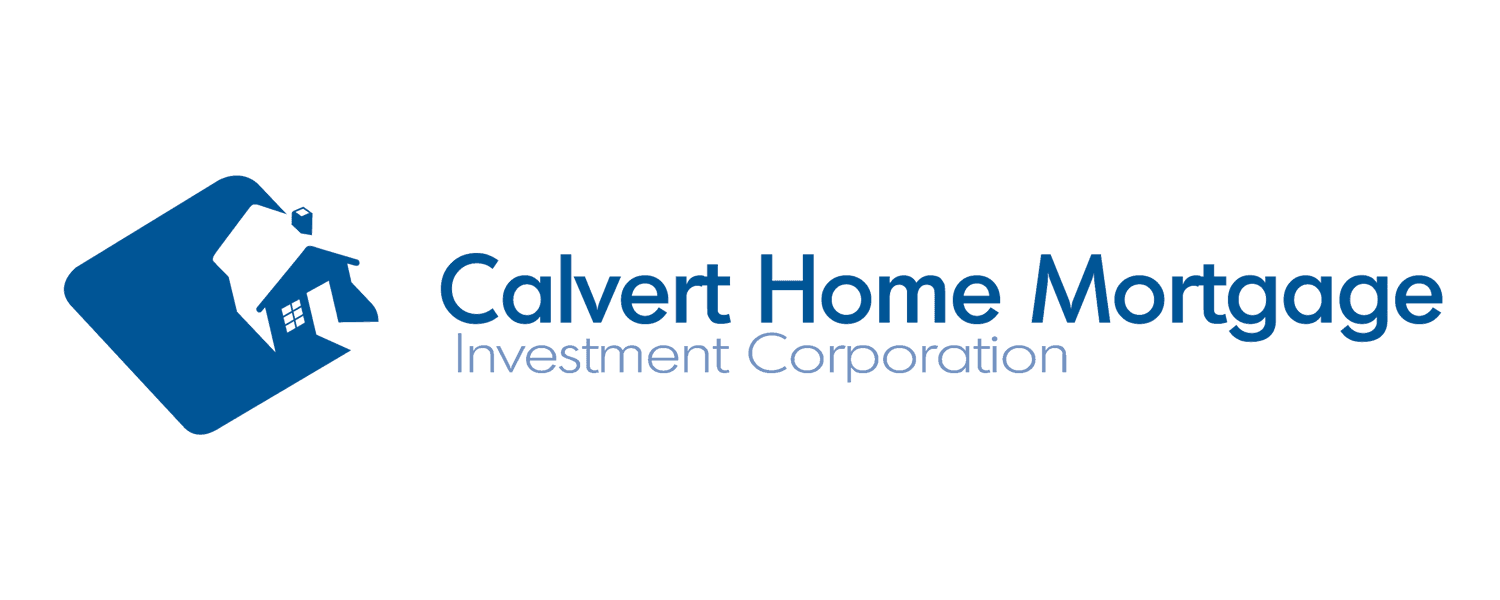The weight of debt can be overwhelming, with little hope of getting out from under it.
If you only have enough money to live each month, debt along with high interest payments make the situation seem even more hopeless.
But it’s possible to eliminate debt, even a little bit at a time, with some knowledge and planning to pave the way. Even lowering your monthly debt payments can provide some breathing room and provide more money to live.
So let’s look at how to get out of debt, even if you have no money, are on a low income, or are suffering from the weight of too much debt.
1. Take Stock of The Situation
Start by making a list of all your debts, with details about the principal (amount of the loan), the interest rate, the term, and the monthly payments. You can’t make a plan to get out of debt without fully understanding your current situation.
Then, create a list of your monthly expenses, or what it costs you to live, with necessary items like groceries and utilities. The final piece of the puzzle is your income, with all sources noted.
This will give you a sense of whether you have room to pay more money to debt, and it will show areas where you could trim spending on unnecessary items to save money, and then put those resources toward debt.
Calvert Home Mortgage Investment Corporation has a debt consolidation tool that can help you when calculating income vs. outgoing cash.
2. Stop Using Credit Cards
If you have credit card debt, you’re likely paying among the highest interest rates of any type of arrears. The more you use them, the harder it is to eliminate those charges. If you’re only able to make minimum payments, that makes the situation even worse.
So, while not using them sounds obvious, it’s still hard to do. But it’s key. Put your cards away in a safe place so you aren’t tempted to use them.
If you only use cash for purchases, you’ll only buy what you need. Getting out of debt requires you to take charge of how much money you actually have to spend. And if you don’t have much money, you need to eliminate unnecessary purchases. Start by keeping track of all expenditures for one month, and use that as a guide to eliminate extra spending or make adjustments where needed.
Here’s one example.
Carry a water bottle for each member of your family wherever you go, so you don’t have to purchase water. If you do go to a restaurant, order tap water. A family of four, even eating at McDonald’s once a week, can save $340 a year by drinking tap water or the bottled water brought from home. That money can in turn be used to pay down credit card debt, saving another $60 in interest. With little effort – and the side benefit of not ordering sugary drinks – you’ve saved $400 a year.
Use the information from your month of tracking along with your budget to make spending decisions based on what you need (rent, groceries) compared to what you want (soda at McDonald’s, a latte every day, or a new pair of shoes). Make sure purchases are based on how much money you actually have to spend. Don’t get the cards out of their hiding place until you have the balances completely paid off.
3. Focus on Paying One Debt At A Time
If you have more than one debt, choose one and focus on paying it off. There are a few strategies you can use.
The first is to choose the payment with the highest interest rate. If it’s the credit cards, pay them off and then don’t use them. If you have multiple payments, continue to make minimum payments on them all, but focus more money on the one with the highest interest rate.
When it’s paid off, turn to the next highest interest rate, and try to eliminate that payment. Continue to allocate the same amount of money to debt payment, even as you eliminate debts.
You can also choose the smallest arrears and get rid of it first. That will help build momentum and allow you to then choose another debt to pay down.
Whichever strategy you choose, continue to put any extra money to paying debt.
4. Consolidate Your Debt
If you have multiple loans and arrears, it’s worth looking for help to consolidate your debt and pay it off faster.
Let’s say you have credit cards, a line of credit, a car loan, and perhaps other payments like property taxes or even CRA debts. While a good tactic involves paying off one debt at a time, sometimes there are just too many payments, making it impossible to get ahead. If you have little extra money, that makes it even harder.
Add to that large monthly payments, high interest rates that make it more difficult to pay off the actual loan amount, and possible penalties for late payment. If your payment includes a mortgage, you could be in danger of a foreclosure. All the while, your credit score is being impacted, and of course the stress is affecting your peace of mind.
That’s when you need debt consolidation.
For instance, if you own your home, Calvert Home Mortgage will provide a first or second mortgage along with a plan to eliminate debt. By accessing the equity in your home, you’ll get resources to pay off debt. Use the mortgage loan to eliminate your multiple payments by paying off the principal, making any late payment charges, and get balances down to zero.
While you will still owe money in the form of that mortgage, the interest rates will be lower. That means the cost of borrowing is less and your monthly obligation will be reduced to one payment, which will likely be much lower than the total payments for the debts you consolidated.
You’ll also benefit from re-establishing your credit rating, which allows you to eventually seek refinancing at a conventional bank at a lower interest rate. Eventually, you can gain the peace of mind that comes with eliminating debt.
Consolidating debt is one of the best paths to debt elimination, particularly when you don’t have extra money to make multiple payments.
The Bottom Line
Taking out loans is often necessary, such as student loans to afford schooling, or a mortgage to invest in a home instead of paying rent.
But there are times when debt becomes a burden. If you have many payments and can’t keep up, if you have credit card debt with an inability to make more than minimum payments, or if your interest rates are so high that it’s impossible to pay off the principal, it’s time to look for help.
Strategies like debt consolidation, a second mortgage, or even simply seeking the advice of an experienced partner like Calvert Home Mortgage Investment Corporation will help you develop a strategy to get – and stay – out of debt.




